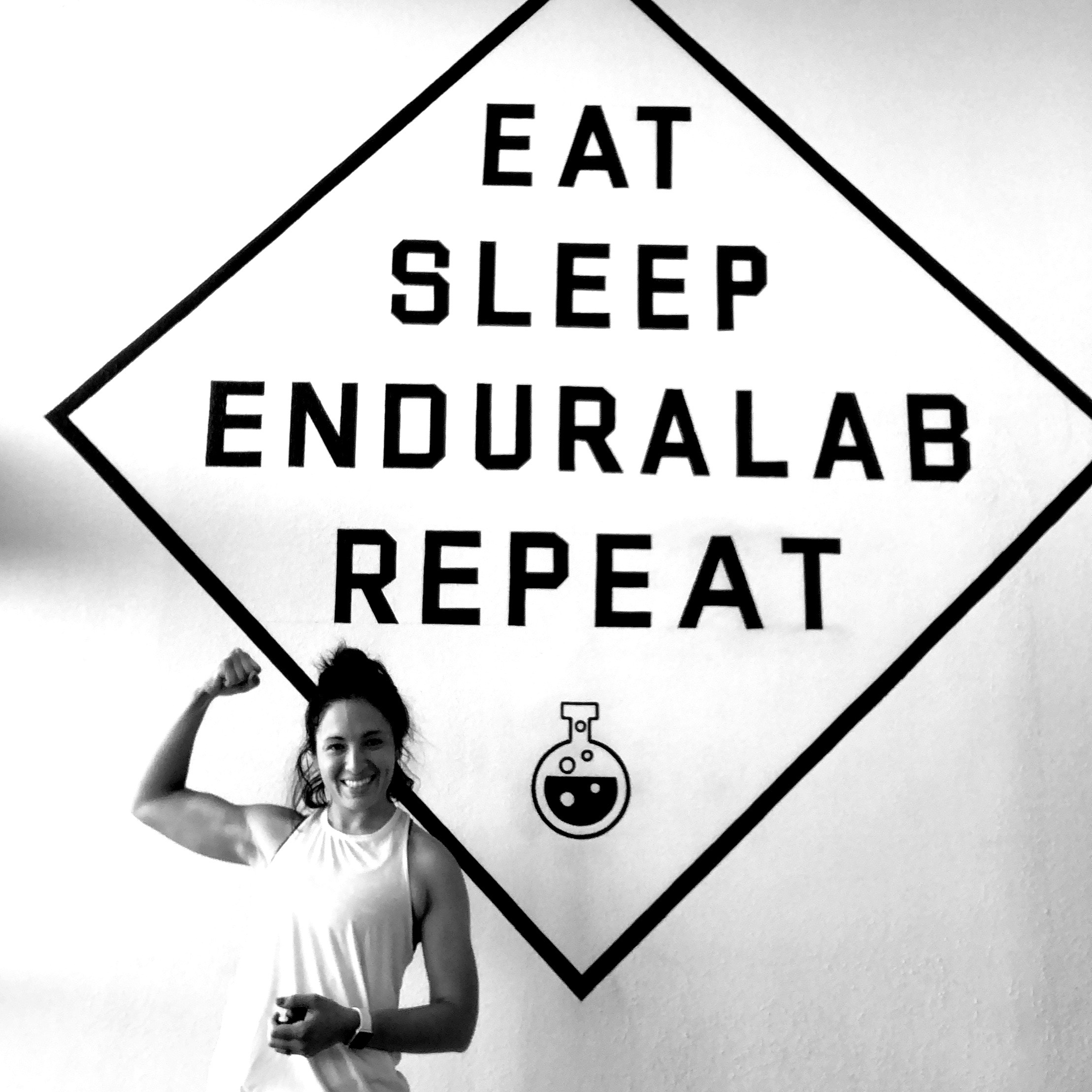When was the last time you had a truly restful night of sleep? In our latest podcast episode, we dove deep into the science and strategies of sleep. Together, we explored why sleep is essential for health and longevity, the stages of sleep, the pros and cons of napping, and practical ways to improve your nightly rest. Here, we’ve captured the highlights from our conversation to help you unlock the power of better sleep.
Why Sleep Matters
Sleep is more than just a way to recharge your body. It’s the cornerstone of physical recovery, mental clarity, and emotional well-being. Here’s what we discussed about the importance of sleep:
- Physical Recovery: During deep sleep, your body repairs tissues, builds muscle, and releases growth hormone. If you’re training hard, sleep is the key to maximizing your performance.
- Cognitive Function: Sleep plays a critical role in memory consolidation and problem-solving. A lack of sleep can impair your ability to focus and make decisions.
- Long-Term Health: Chronic sleep deprivation increases the risk of obesity, diabetes, cardiovascular diseases, and even mental health challenges.
If you’re striving for optimal health and performance, sleep should be at the top of your priority list!
The Science of Sleep: Understanding the Stages
To improve your sleep, it helps to understand what happens during the night. Sleep occurs in cycles, with four main stages:
- Light Sleep (Stages 1 & 2): These stages help you transition from wakefulness to deeper rest. Your heart rate slows, and your body starts to relax.
- Deep Sleep (Stage 3): This is where the magic happens for physical recovery. Your body repairs and regenerates tissues, and your immune system strengthens.
- REM Sleep: The dream stage, where your brain is highly active. REM sleep is essential for memory, learning, and emotional regulation.
Each stage serves a unique purpose, and getting enough of all three is essential for waking up feeling refreshed.
The Napping Debate: Helpful or Harmful?
Napping often sparks debate. Here’s what we covered on the topic:
- The Pros: A short 20-minute nap can improve focus, mood, and energy levels without interfering with nighttime sleep.
- The Cons: Longer naps that dip into deep sleep can leave you feeling groggy and may disrupt your sleep cycle, especially if taken late in the day.
- Our Advice: If you need a nap, keep it short and aim for earlier in the afternoon to avoid impacting your bedtime.
Mastering Sleep Hygiene: Creating the Ideal Sleep Environment
Sleep hygiene refers to the habits and conditions that promote quality sleep. Here are some of our top recommendations:
- Keep It Cool: The optimal room temperature for sleep is around 65°F. A cooler environment signals your body that it’s time to rest.
- Eliminate Distractions: Use blackout curtains and white noise machines to create a dark and quiet space. Avoid using screens in bed to reduce blue light exposure.
- Build a Wind-Down Routine: Create a consistent pre-sleep ritual, such as reading, meditating, or foam rolling. Avoid screens at least an hour before bed to allow melatonin production to kick in.
- Watch What You Consume: Limit caffeine intake after noon and be mindful of alcohol, which can disrupt your sleep cycles.
Tips for Better Sleep
Here are some actionable tips we discussed to help you get the most out of your nightly rest:
- Stick to a Schedule: Go to bed and wake up at the same time every day, even on weekends. Consistency helps regulate your body’s internal clock.
- Manage Stress: Incorporate mindfulness practices, such as meditation or deep breathing, to reduce stress levels and promote relaxation before bed.
- Track Your Sleep: Using a wearable device or sleep tracker can provide insights into your sleep patterns. Just remember not to stress over the numbers—focus on overall trends.
- Be Patient: Improving sleep takes time. Start with one or two changes and build from there. Small adjustments can lead to big improvements.
The Role of Sleep in Longevity
Sleep is one of the pillars of a long and healthy life. Research shows that getting enough high-quality sleep can:
- Reduce inflammation in the body
- Strengthen your immune system
- Improve metabolic health
- Enhance brain function and delay cognitive decline
By prioritizing sleep, you’re investing in your long-term well-being!
Final Thoughts
As we shared in the podcast, sleep is a superpower. Whether you’re an athlete striving for peak performance or simply looking to feel your best each day, quality sleep is the foundation for success. If you’re struggling with your sleep, start small. Focus on creating a better environment, building consistent routines, and managing stress. Over time, these efforts will pay off. Still seeking help? Work with a coach at enduraLAB to help you create a routine to improve your sleep and overall health!
Call to Action:
📩 Do you have a sleep routine that works for you? Or are you trying to overcome challenges with rest? Share your experiences or questions in the comments!
💪 Share your experiences with us on Instagram, and let us know what topics you’d like us to cover in future episodes!
🎧 Don’t forget to listen to the full podcast episode for even more insights and tips.



